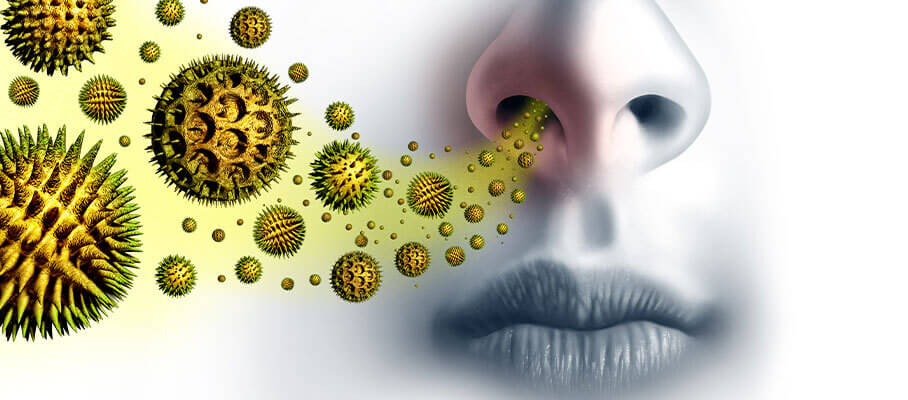Introduction
Pollen allergies, often referred to as hay fever or allergic rhinitis, affect millions of people worldwide. While there is no permanent cure for pollen allergies, there are numerous effective management strategies that can provide long-term relief. This article explores these strategies, including lifestyle modifications, medical treatments, and the importance of proactive allergy management.
I. Understanding Pollen Allergies
- Pollen Allergy (Allergic Rhinitis): An allergic reaction to pollen from trees, grasses, and weeds, characterized by symptoms like sneezing, runny or stuffy nose, itchy or watery eyes, and congestion.
II. Lifestyle Modifications
While there is no permanent cure for pollen allergies, lifestyle modifications can significantly reduce symptoms and improve quality of life:
1. Allergen Avoidance:
- Keep Windows Closed: During peak pollen seasons, keep windows and doors closed to prevent pollen from entering your home.
- Use Air Purifiers: High-efficiency particulate air (HEPA) filters can help trap pollen particles, improving indoor air quality.
- Limit Outdoor Activities: Avoid spending extended periods outdoors when pollen counts are high.
- Shower and Change Clothes: After being outside, shower and change clothes to remove pollen particles from your body and clothing.
2. Pollen Counts:
- Monitor local pollen counts and plan outdoor activities accordingly. Many weather apps and websites provide pollen count information.
III. Medical Treatments
Medical interventions can provide significant relief from pollen allergy symptoms:
1. Antihistamines: Over-the-counter or prescription antihistamines can help reduce sneezing, runny nose, and itching.
2. Decongestants: Decongestant medications can relieve nasal congestion, but they should be used short-term to avoid “rebound congestion.”
3. Nasal Steroids: Intranasal corticosteroid sprays can alleviate congestion and other symptoms and are generally considered safe for long-term use.
4. Allergy Shots (Immunotherapy): Allergy shots, administered under medical supervision, can help desensitize the immune system to pollen allergens over time.
IV. Proactive Allergy Management
Managing pollen allergies requires a proactive approach to symptom control:
1. Seasonal Allergy Medications: Start taking allergy medications before the pollen season begins to prevent symptoms from escalating.
2. Allergist Consultation: Consult an allergist for a comprehensive evaluation and personalized allergy management plan.
3. Immunotherapy: Consider allergen-specific immunotherapy (allergy shots or sublingual tablets) under the guidance of an allergist.
V. Conclusion
While there is no permanent cure for pollen allergies, effective long-term management strategies exist. By incorporating allergen avoidance, monitoring pollen counts, using appropriate medications, and considering immunotherapy, individuals with pollen allergies can achieve significant relief from symptoms and enjoy a better quality of life. Consulting with healthcare professionals, particularly allergists, is crucial in developing a personalized and proactive approach to pollen allergy management.






